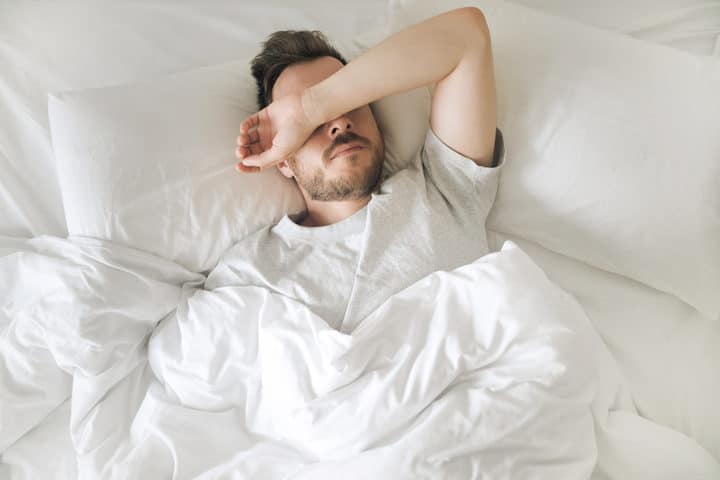
Why is sleep important?
We are all aware of the importance of sleep for young children but adults should not underestimate the necessity of sleep for themselves. Insufficient sleep can result in hypertension, fatigue, anxiety, heart disease, stress and reduced mental acumen.
The record for staying awake for one period of time is held by Randy Gardener, who at 17 years old managed to stay awake for 264 hours (11 days) without dropping off. During this period he experienced nausea, disorientation and emotional stress. Sleep is clearly a vital component of our basic human needs!
Life in Singapore is often synonymous with lots of travel. Moving through time zones for business or leisure can lead to inconsistent and reduced sleep but is that the only reason you are feeling irritable and sleepy during the day? If your reactions are slower or you require caffeine to keep yourself going, you might need to consider other factors which are impacting your sleep.
Did you know that it might be a dental issue disrupting your sleep?
Sleep apnea is a chronic condition whereby a pause in breathing or shallow breath disrupts sleep multiple times throughout the night. The most common cause of these shallow breathes or pauses are the airway collapsing or becoming blocked. Regular breathing resumes after a loud snort, chocking or gasping sound.
Dental ‘Bruxism’ is a medical term which describes clenching or grinding of the teeth and it can hugely impact the quality of your sleep. Dental ‘Bruxism’ can be identified by one or some of the following symptoms:
- Stiff or fatigued jaw muscles
- Headaches
- Neck ache
- Sensitive teeth
- Jaw pain
- Noises when you open or close your mouth
60% of all bruxism cases are related to underlying airway issues including sleep apnea. Although bruxism is usually not harmful it can lead to disturbed sleep patterns.
